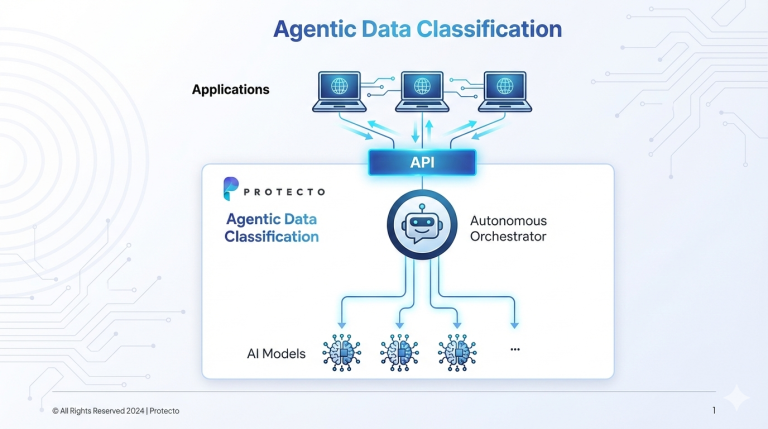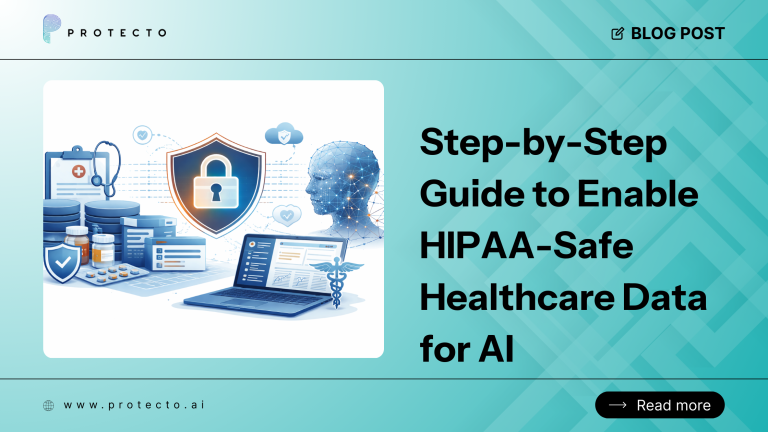Google Acquires Fitbit
Alphabet, Google’s parent company announced on Friday that it is acquiring San-Francisco based smartwatch maker Fitbit for $2.1 billion. Fitbit, the pioneer in wearable technology, has also issued a statement that Google was paying $7.35 per share in cash. Fitbit offers a variety of smartwatches that can send messages, make calls as well as keep track of athletic activities.
How Does This Acquisition Benefit Google?
Since 2015, Apple has been selling its wearable device and has been adding new health features to its Apple Watch, like a heart monitor app, making it a direct competitor to Fitbit. After a promising IPO, Fitbit’s stock has been sliding from its IPO opening price of $30 and the stock hit an all-time low of $2.81 in 2019. On the other side, Google’s Wear OS is a trainwreck, suppressed from success on all sides. So, this acquisition is an opportunity for the company to bring ‘Made by Google’ wearable devices to market.
Google’s movealso indicates that it is trying to keep pace with Apple and Amazon, which havealso recently pushed further into health tech.
Is the Users’ Data Safe With Google?
The deal will likely face scrutiny over how Google plans to use the data Fitbit users have shared. Fitbit tracks very personal metrics, like your exercise, food, weight, sleep. This data exposes sensitive information about a person’s private life that companies can use to generate meaningful insights.
Fitbit, which has more than 27 million activeusers has assured its customers that, strong privacy and security guidelineshave always been part of Fitbit’s DNA and this will not change under anycircumstances.
Google has also issued a statement that Fitbit health andwellness data will not be used for Google ads or for any other purpose, but itdid not specify where else it might use the data.
How Can the Data Be Used?
Data privacy experts caution that current laws and regulations do little to hold Google and other companies to their promises. Though laws like GDPR and CCPA safeguard personal data to an extent, other country users’ data is largely at risk.
Health data is very valuable for any pharmaceutical, biotech, insurance, and healthcare-related companies. Companies can make many critical decisions such as which research to pursue, whom to insure and which demographics to target. Third-party businesses that purchase the data could also infer health-based behaviors and market their products accordingly.
Bridge Between Technology and Law
Google has assured its Fitbit users that it will providetools to review, move, and delete their data. Many industry experts also feelGoogle is unlikely to change Fitbit’s privacy policies too drastically becauseit doesn’t want to lose its core customer base.
Although Google is using a common refrain amonggiant tech companies by arguing that the acquisition will ultimately benefitconsumers. Privacy experts feel tech companies are given too much freedom whenit comes to data collection and sharing.
The recent laws such as GDPR and CCPA have taken big steps in regulating how companies collect and process personal data. Currently, there is no legal infrastructure that fully monitors how companies manipulate their customers’ data. Privacy right groups recommend for stronger federal privacy laws. But so far there is no consensus among lawmakers on how to best address the ever-changing technology landscape.




